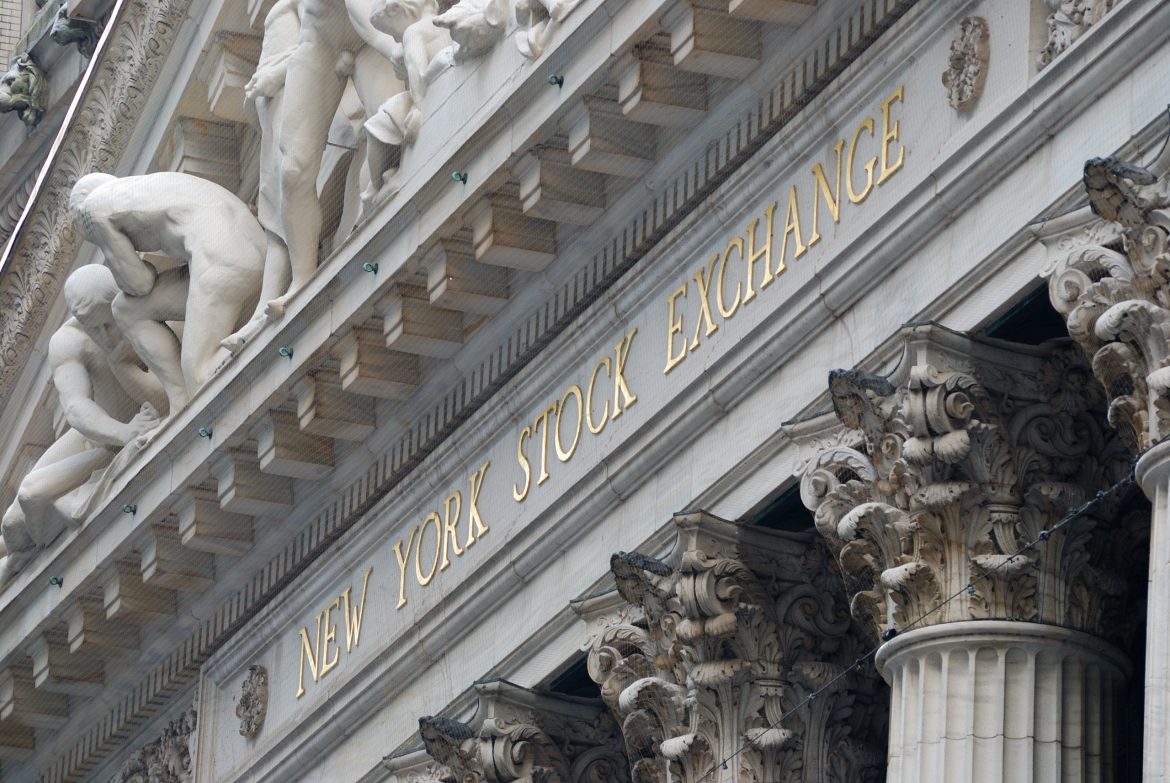Oxford Lane Capital (OXLC) stock has risen modestly this year and is hovering near its all-time high of $5.35. It has risen by 6% this year, and thanks to its fast 20% yield, its total return has been 24%, higher than the Vanguard S&P 500 index (VOO).
OXLC has become one of the best-performing dividend companies this year, moving in the same class as Main Street Capital, whose total return has been 29%.
What is OXLC?
Oxford Lane Capital is a leading American company that most people outside finance and fixed income have heard about because it does not offer its services to consumers.
Instead, the company offers relatively complicated financial solutions. It invests in debt and equity tranches of collateralized debt obligations (CLOs).
A CLO is a structured financial product that bundles together a large number of corporate loans, mostly to companies with low credit rating.
In its case, Oxford Lane focuses on CLOs, which are collateralized by senior loans. Unlike other firms, OXLC loans have no exposure to real estate and mortgage loans, auto loans, and credit cards.
The company has invested in about 195 CLO structures. Some of the top parts of its portfolio are Elmwood, Regatta, Onex CLO Warehouse, Ares, Milford Park, and Windriver. Its top ten investments account for about 20% of its exposure.
The most recent presentation showed that Oxford Lane’s biggest investments are in the high-tech industry, followed by healthcare, banking and finance, services, hotels, and media industries.
The benefit of its business model is that its CLOs are senior secured, meaning that it is usually the first one to be paid. Even when there is a default, the company will be the first to receive any payments that come from the sale of the asset.
Another advantage is that the company has some covenants that can be triggered and move a borrower’s funds to repay senior tranches.
The disadvantage of this approach is that the company often takes a lower yield than companies that invest in junior debt because of the risks involved.
At the same time, according to Bloomberg, the CLO industry has now become worth over $1.3 trillion as demand has jumped. The challenge is that managers are not creating bonds fast enough to meet demand, meaning that they are running out of things to buy.
Potential catalysts for Oxford Lane Capital stock
There are three potential catalysts for the Oxford Lane Capital stock. First, its returns could get juiced because of the ongoing wave of resetting, which has soared to a record high. Data by Citigroup shows that resets, a process of refinancing for CLOs, soared to $26 billion in August. At the same time, the spreads or risk premium has narrowed to the tightest point in over two years.
Citi has more good news for companies in the CLO market as it expects that between $80 billion and $100 billion will reset by December.
The second potential catalyst for Oxford Lane Capital is that mergers and acquisitions (M&A) could continue doing well if Donald Trump wins the general election. Trump will likely replace Lina Khan, who has aggressively fought some big mergers and acquisitions.
She has sued to stop some big deals like Tapestry and Capri merger and JetBlue and Spirit Airlines. If she is replaced, then there will be high chance of an M&A boom, especially now that interest rates are coming down.
The third catalyst for OXLC stock is that default rates have remained significantly low. Even the much-talked-about wall of maturities in the real estate industry has not led to substantial defaults in the sector.
Low default rates means that the fund will continue generating strong returns in the foreseeable future.
However, there are two potential cons of investing in OXLC. First, it always trades at a premium to its net asset value (NAV). Second, it could struggle as interest rates continue moving downwards. On the positive side, interest rates are not expected to fall as sharply as initially feared.
Oxford Lane Capital stock price analysis
OXLC chart by TradingView
On the weekly chart, we see that the OXLC stock has done well in the past few months. It has formed a cup and handle chart pattern, a popular continuation sign. The recent consolidation is part of the handle section.
Oxford Lane has remained above the 50-week and 25-week Exponential Moving Averages (EMA). Oscillators like the Relative Strength Index (RSI) and the MACD have pointed upwards.
Therefore, the stock will likely have a bullish breakout as buyers target the key resistance point at $6. The stop-loss of this trade is about $5.
However, in the long-term, the stock will likely have a weaker total return than the broader market. For example, in the last five years, its total return was 30% compared to VOO’s 107%.
The post Oxford Lane Capital (OXLC) has a fat 20% yield: is it a buy? appeared first on Invezz

